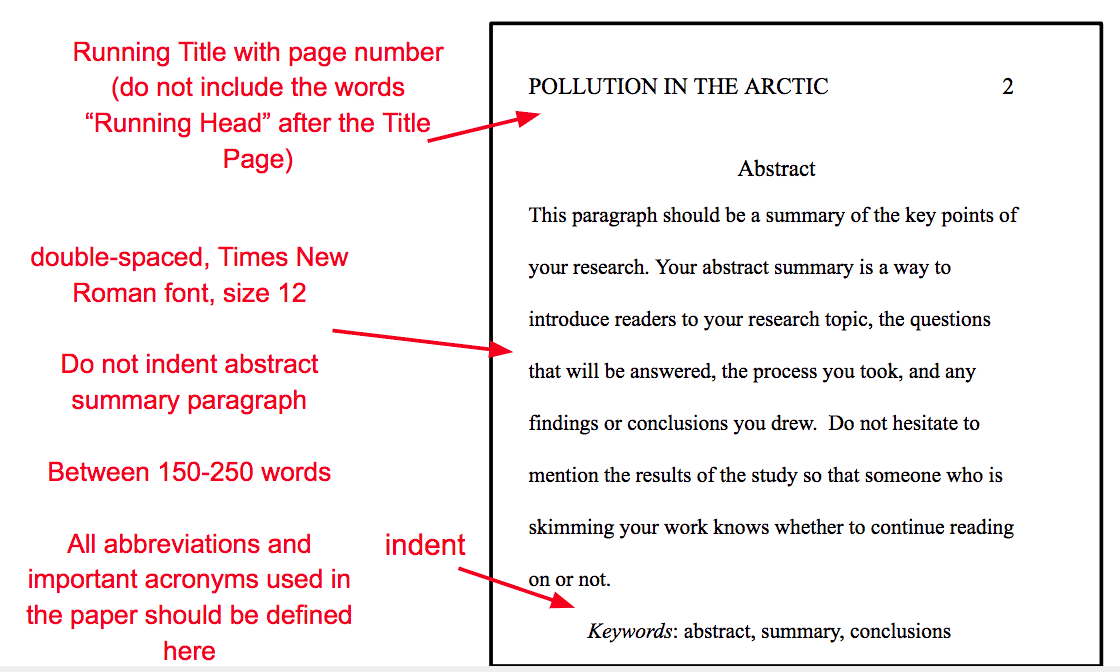Writing A Research Paper // Purdue Writing Lab
The pages in this section provide detailed information about how to write research papers including discussing research papers as a genre, choosing topics, and finding sources. There will come a time in most students' careers when they are assigned a research paper. Such an assignment often creates a great deal of unneeded anxiety in the student, which may result in procrastination and a feeling of confusion and inadequacy. This anxiety frequently stems from the fact that many students are unfamiliar and inexperienced with this genre of writing. Never fear—inexperience and unfamiliarity are situations you can change through practice! Writing a research paper is an essential aspect of academics and should not be avoided on account of one's anxiety. In fact, the process of writing a research paper can be one of the more rewarding experiences one may encounter in academics. What is more, many students will continue to do research throughout their careers, which is one of the reasons this topic is so important. Becoming an experienced researcher and writer in any field or discipline takes a great deal of practice. There are few individuals for whom this process comes naturally.
Remember, even the most seasoned academic veterans have had to learn how to write a research paper at some point in their career. Therefore, with diligence, organization, practice, a willingness to learn (and to make mistakes!), and, perhaps most important of all, patience, students will find that they can achieve great things through their research and writing. Genre- This section will provide an overview for understanding the difference between an analytical and argumentative research paper. Choosing a Topic- This section will guide the student through the process of choosing topics, whether the topic be one that is assigned or one that the student chooses themselves. Identifying how to begin a research paper introduction - This section will help the student understand the often times confusing topic of audience by offering some basic guidelines for the process. Where Do I Begin- This section concludes the handout by offering several links to resources at Purdue, and also provides an overview of the final stages of writing a research paper.
Such lists not only assist in operationalizing the slippery concept of power but also help to structure the observational activity, and may have particular value when several researchers are involved in a study. However, the lists are not used in a mechanical way because those conducting the observation are free to add categories and to note any other feature of the environment judged to be relevant to the objectives of the research. Does the space intimidate? For example, officials sitting on elevated platforms. Do people have particular associations with places? For example, a negative name for the building where management is located. Routines in wards, for example starting times for consultations, the order in which patients are seen (This might provide information on who directs activity and is therefore able to exercise power in this way. For example, someone being called 'sir', while first names are used for others. Is the manager polite when speaking to nurses, but rude to other staff categories such as clerks? For example, staff of the same cadre are constructed as 'family' and patients as 'aggressive'.
How do staff members respond to requests for information? Do they give helpful information or are clients left in the dark? Are patients strategic about the information provided to bureaucrats in order to try and secure a positive outcome? Does the space intimidate? For example, officials sitting on elevated platforms. Do people have particular associations with places? For example, a negative name for the building where management is located. Routines in wards, for example starting times for consultations, the order in which patients are seen (This might provide information on who directs activity and is therefore able to exercise power in this way. For example, someone being called 'sir', while first names are used for others. Is the manager polite when speaking to nurses, but rude to other staff categories such as clerks? For example, staff of the same cadre are constructed as 'family' and patients as 'aggressive'. How do staff members respond to requests for information? Do they give helpful information or are clients left in the dark? Are patients strategic about the information provided to bureaucrats in order to try and secure a positive outcome? Does the space intimidate? For example, officials sitting on elevated platforms. This post has been generated with the help of Essay Freelance Writers.
